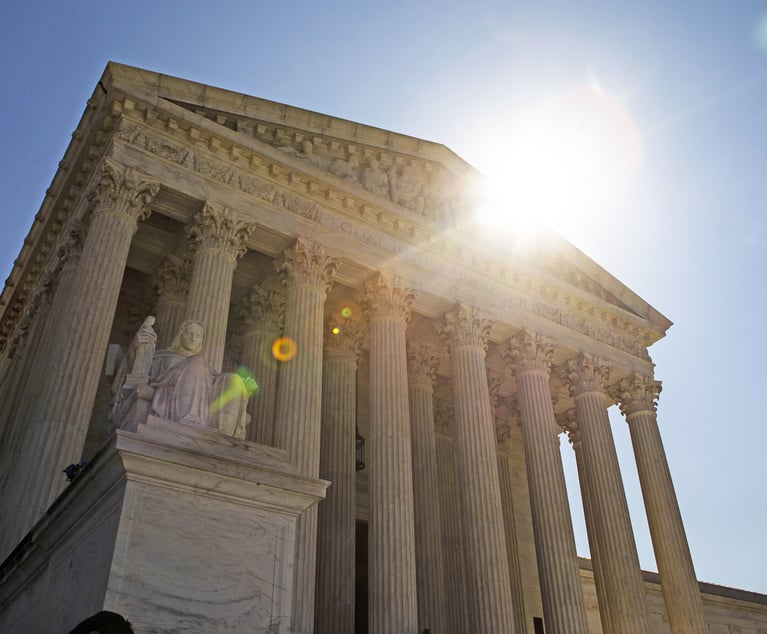 Justice Felix Frankfurter was well-known for having written, “Litigation is the pursuit of practical means, not a game of chess.” Indianapolis v. Chase Nat’l Bank, 314 U.S. 63, 69 (1941). New York’s Civil Practice Law and Rules (CPLR) strongly embodies this sentiment, preferring adjudication on the merits whenever feasible. Indeed, it was designed this way. Consider, for example, Article 20 of the CPLR, which is devoted entirely to “Mistakes, Defects, Irregularities, and Extensions of Time.” Contained therein are CPLR 2001 and 2004, which permit courts to disregard a gamut of defects as “infirmities” or “irregularities” so long as no party is substantially prejudiced and the defect is not jurisdictional. The former provides that “at any stage of an action, including the filing of a summons … and complaint … the court may permit a mistake, omission, defect or irregularity, including the failure to purchase or acquire an index number or other mistake in the filing process … to be corrected upon such terms as may be just, or, if a substantial right of a party is not prejudiced, the mistake, omission, defect, or irregularity shall be disregarded … .” The latter, that “the court may extend the time fixed by any statute, rule or order for doing any act, upon such terms as may be just and upon good cause shown, whether the application for extension is made before or after the expiration of the time fixed.” Together, both “put[] procedure in perspective by reminding bench and bar that procedure is a means, not an end.” David D. Siegel and Patrick M. Connors, New York Practice, §5 (6th ed. 2018).
Justice Felix Frankfurter was well-known for having written, “Litigation is the pursuit of practical means, not a game of chess.” Indianapolis v. Chase Nat’l Bank, 314 U.S. 63, 69 (1941). New York’s Civil Practice Law and Rules (CPLR) strongly embodies this sentiment, preferring adjudication on the merits whenever feasible. Indeed, it was designed this way. Consider, for example, Article 20 of the CPLR, which is devoted entirely to “Mistakes, Defects, Irregularities, and Extensions of Time.” Contained therein are CPLR 2001 and 2004, which permit courts to disregard a gamut of defects as “infirmities” or “irregularities” so long as no party is substantially prejudiced and the defect is not jurisdictional. The former provides that “at any stage of an action, including the filing of a summons … and complaint … the court may permit a mistake, omission, defect or irregularity, including the failure to purchase or acquire an index number or other mistake in the filing process … to be corrected upon such terms as may be just, or, if a substantial right of a party is not prejudiced, the mistake, omission, defect, or irregularity shall be disregarded … .” The latter, that “the court may extend the time fixed by any statute, rule or order for doing any act, upon such terms as may be just and upon good cause shown, whether the application for extension is made before or after the expiration of the time fixed.” Together, both “put[] procedure in perspective by reminding bench and bar that procedure is a means, not an end.” David D. Siegel and Patrick M. Connors, New York Practice, §5 (6th ed. 2018).
CPLR 2001 Pre-’Ruffin’
In 2007, the Legislature amended CPLR 2001 to include the language italicized above. The amendment came in response to the Court of Appeals’ decisions in cases such as Harris v. Niagara Falls Bd. of Educ., 6 N.Y.3d 155 (2006), and Matter of Frye v. Village of Tarrytown, 89 N.Y.2d 714 (1997), both of which concerned seemingly innocuous defects in commencement held to be jurisdictional. Harris affirmed dismissal of the action as untimely where the summons and complaint were filed bearing the index number of the special proceeding brought to permit late filing of the underlying notice of claim, rather than a newly purchased one as required under the commencement-by-filing system. See CPLR 304, 306-a. Frye held, in the context of an Article 78 proceeding, that the commencement-by-filing process was not complied with where the petitioner, pro se, filed only an unexecuted order to show cause with the court, rather than the executed order to show cause or notice of petition. While one is hard-pressed to point to any demonstrable prejudice that accrued to the respondents in Harris or Frye, the Court of Appeals held that this was beside the point. Failure to strictly comply with the requirements of the commencement-by-filing system was deemed a non-remediable, jurisdictional defect: “[T]he extremely serious result of noncompliance, so long as an objection is timely raised by an appearing party, is outright dismissal of the proceeding.” Harris, 6 N.Y.3d at 158.






